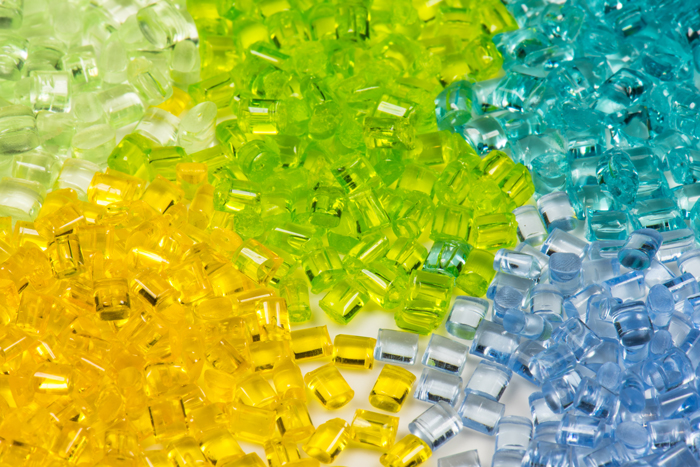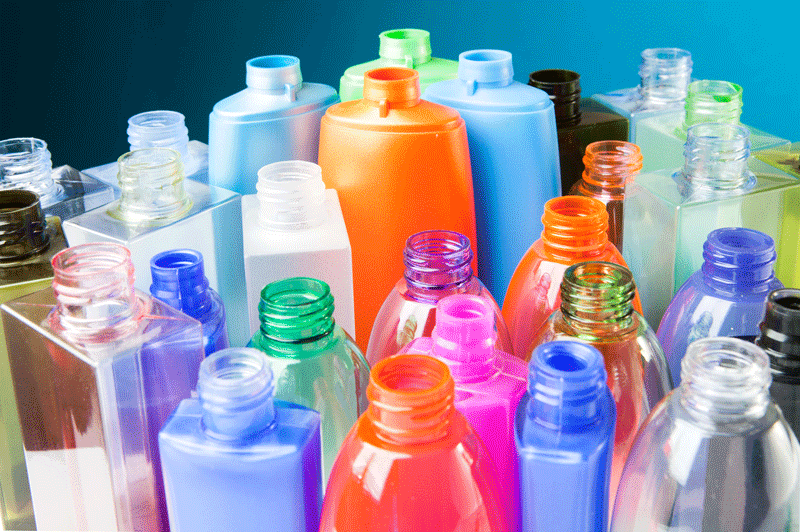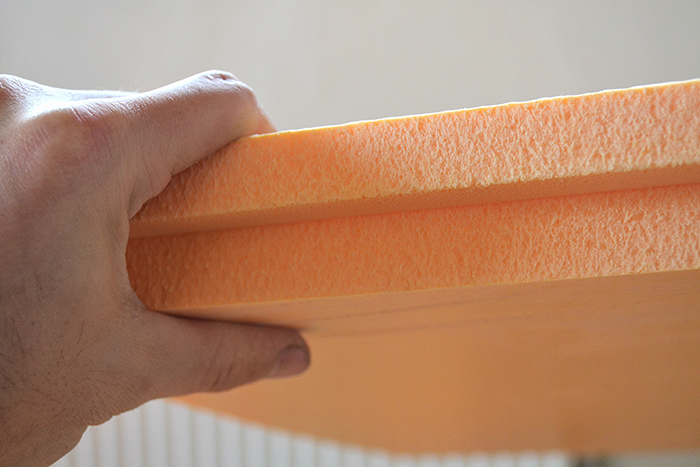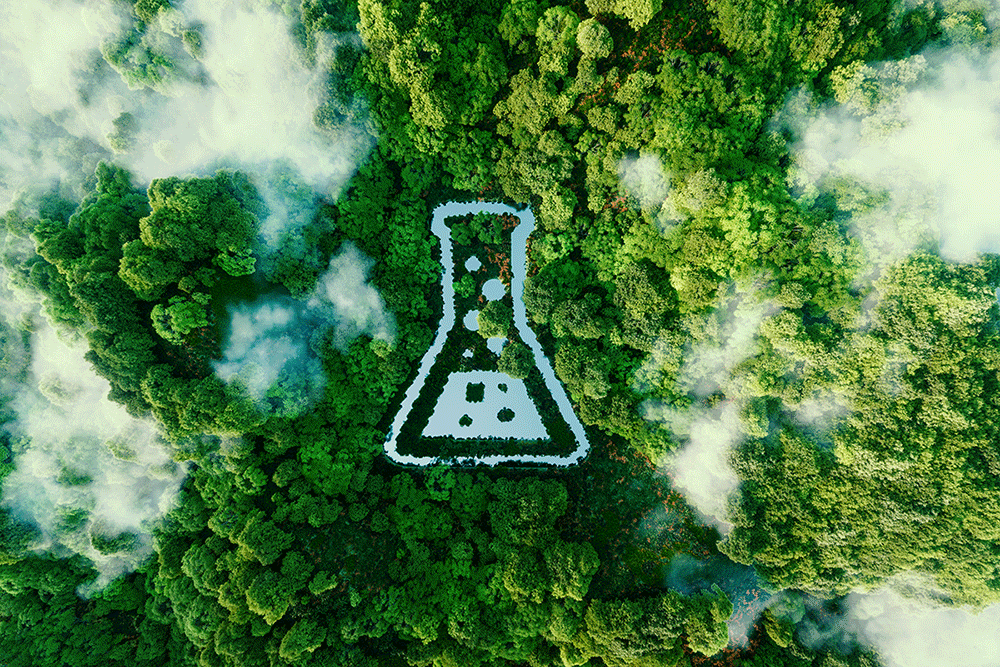Sustainable chemistry
Brochure: Chemicals Management and Plastics
OECD work on sustainable chemistry
Sustainable chemistry is an integral part of the work on chemicals management at the OECD. Taking a proactive sustainable chemistry approach supports risk management of chemicals, materials and products from their conception and enhances life-cycle thinking.
Sustainable chemistry is also a process that stimulates innovation across all sectors to design and discover new chemicals, production processes, and product stewardship practices that will provide increased performance and increased value while meeting the goals of protecting and enhancing human health and the environment.
The environmental and societal benefits of sustainable chemistry include:
- Avoiding the use of persistent, bioaccumulative, toxic, and otherwise hazardous materials;
- Using renewable resources and decreasing consumption of non-renewable resources,
- Minimising negative environmental impacts of chemical processing and manufacturing;
- Providing technologies that are economically competitive for and advantageous to industry.
Latest publications

Workshop report on flexible food-grade plastic packaging
This workshop was organised to understand the barriers the industry faces to more sustainable design of flexible food-grade packaging from a chemicals perspective, discuss policies being put in place by governments, and identify where additional policies could help. Another complementary objective was to understand to what extent the issues discussed are specific to flexible food-grade packaging as opposed to general across different types of plastics or plastic packaging.
ACCESS THE REPORT

Report on a chemicals perspective on designing with sustainable plastics
The development of plastic products does not systematically take sustainability, particularly from a chemicals perspective, into account. This report seeks to enable the creation of inherently sustainable plastic products by integrating sustainable chemistry thinking in the design process.
ACCESS THE REPORT
.jpg)
Case study on biscuit wrappers
This case study on biscuit wrappers was developed to provide input to and inform the development of general considerations for design of sustainable plastics from a chemical perspective.
ACCESS THE CASE STUDY

Case study on detergent bottles
This case study on detergent bottles was developed to provide input to and inform the development of general considerations for design of sustainable plastics from a chemical perspective.
ACCESS THE CASE STUDY

Case study on flooring
This case study on flooring was developed to provide input to and inform the development of general considerations for design of sustainable plastics from a chemical perspective.
ACCESS THE CASE STUDY

Case study on insulation
This case study on insulation was developed to provide input to and inform the development of general considerations for design of sustainable plastics from a chemical perspective.
ACCESS THE CASE STUDY
Additional documents related to Sustainable Chemistry
- Workshop Report on Improving Alignment of Chemicals and Waste Management Policy (2020)
- Global Forum on Environment - Plastics in a Circular Economy: Design of Sustainable Plastics from a Chemicals Perspective (2018)
Including 3 background publications:
1) Considerations and Criteria for Sustainable Plastics from a Chemical Perspective
2) Technical Tools and Approaches in the Design of Sustainable Plastics
3) Working paper on Policy Approaches to Incentivise Sustainable Plastic Design - Economic Features of Chemical Leasing (2017)
- Sustainable Chemistry: Evidence on Innovation from Patent Data (2011)
- Workshop Report on Consideration of Chemical Safety in Green Procurement, Seoul, Korea (2005)
- Need for Research and Development Programmes in Sustainable Chemistry (2002)
- Proceedings of the OECD Workshop on Sustainable Chemistry - Part 1, Part 2 and Part 3, Venice, (15-17 October 1998)
About us
Learn more about our work on Chemical Safety and Biosafety, and read our progress report.
» Who we are and what we do
» Read our progress report
Stay informed
To receive our latest news, publications and events, tick the boxes and enter your email below:
Follow us
 Watch our videos on the OECD Chemical Safety and Biosafety YouTube channel
Watch our videos on the OECD Chemical Safety and Biosafety YouTube channel
 Follow us on Twitter
Follow us on Twitter
Contact us
Learn more about the work of the OECD Environment Directorate, and contact us with your questions.
